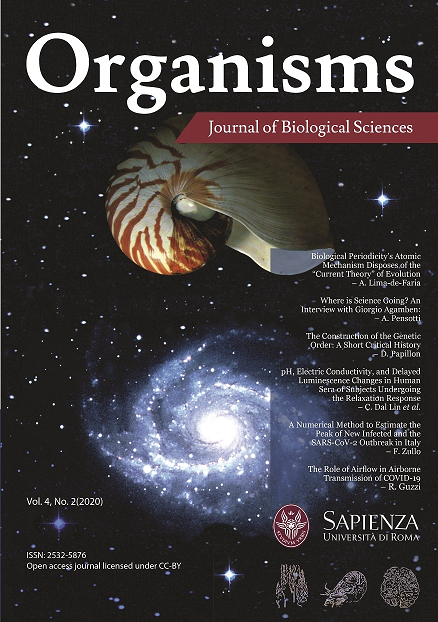Environmental Epigenetics: Myth and Reality
DOI:
https://doi.org/10.13133/2532-5876/17351Abstract
The field of epigenetics is primarily interested in the epigenetic basis of development and disease, the transgenerational transmission of epigenetically controlled traits, and the role of the environment in modulating epigenetic traits. The term “epigenetics” itself has evolved. Initially it designated that a limited number of molecular modifications to DNA can influence gene expression as one of the mechanisms controlling cellular differentiation and divergent phenotype despite containing the same genetic code. Today, a broad and imprecise classification of many other cellular regulatory processes that can influence gene expression and which may or may not be heritable are commonly referred to as “epigenetic”. Two recent papers, one by Ute Deichmann and the other by Corrado Spadafora, expose the overly broad use of the term. Accepting their challenge to redefine epigenetics in a more precise and rigorous way could have significant consequences. It could help us avoid attributing alterations in an offspring’s phenotype due to environmental stresses experienced by its parents to epigenetic mechanisms, and misuse of the term outside the narrow confines of scientific discourse in the life sciences. Moreover, such precision would ensure setting an appropriately high bar for testing whether newly identified aspects of DNA methylation and micro RNA transmission could be transmissible from parent to offspring through the germline, and more stringently verifying as yet unfounded claims for the transgenerational heritability of environmentally acquired traits that could discredit this important field of inquiry.
Downloads
Published
How to Cite
Issue
Section
License
Copyright Agreement with Authors
Before publication, after the acceptance of the manuscript, authors have to sign a Publication Agreement with Organisms. The authors retain all rights to the original work without any restrictions.
License for Published Contents

You are free to copy, distribute and transmit the work, and to adapt the work. You must attribute the work in the manner specified by the author or licensor (but not in any way that suggests that they endorse you or your use of the work).





